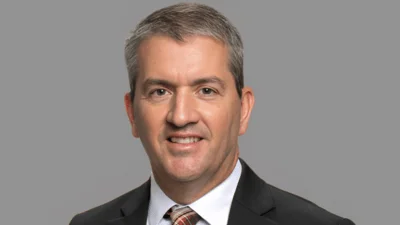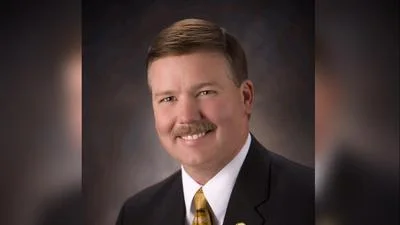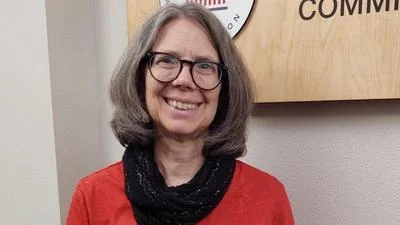Jeffrey E. Smith, Wisconsin State Senator 31st District | Official Website
Jeffrey E. Smith, Wisconsin State Senator 31st District | Official Website
According to the Wisconsin State Legislature's official website, the bill was described as follows: "native prairie and forage plants".
The following is our breakdown, based on the actual bill text, and may include interpretation to clarify its provisions.
In essence, this bill mandates that state agencies and governmental bodies in Wisconsin prioritize using native prairie and forage plants to support native bees, butterflies, and other pollinators where applicable. It establishes an initiative that requires these entities to select such plants to enhance pollinator habitats. Additionally, the bill directs the Department of Natural Resources to provide assistance and information to state agencies when requested, to help implement this preference effectively. The legislation emphasizes the importance of native flora in conservation efforts, thereby supporting biodiversity and ecological balance within the state.
The bill was co-authored by Representative Lee Snodgrass (Democrat-52nd District), Senator Tim Carpenter (Democrat-3rd District), Senator Kristin Dassler-Alfheim (Democrat-18th District), Senator Dora E. Drake (Democrat-4th District), and Senator Jodi Habush Sinykin (Democrat-8th District). It was co-sponsored by Representative Clinton M. Anderson (Democrat-45th District), Representative Deb Andraca (Democrat-23rd District), and Representative Margaret Arney (Democrat-18th District), along with 32 other co-sponsors.
Jeff Smith has authored or co-authored another 26 bills since the beginning of the 2025 session, with none of them being enacted.
Smith, a Democrat, was elected to the Wisconsin State Senate in 2019 to represent the state's 31st Senate district, replacing previous state senator Kathleen Vinehout.
In Wisconsin, the legislative process starts when a senator, constituent, group, or agency proposes an idea for a bill. After drafting, the bill is introduced, numbered, and referred to a committee for review and public input. If approved, it moves through three readings and votes in both the Senate and Assembly. Once both chambers pass the same version, the bill goes to the governor, who can sign it, veto it, or let it become law without a signature. Only a small share of bills introduced each session ultimately become law. You can learn more about the Wisconsin legislative process here.
| Bill Number | Date Introduced | Short Description |
|---|---|---|
| SB293 | 05/30/2025 | Native prairie and forage plants |
| SB292 | 05/30/2025 | Local regulation of pesticides to protect pollinators |
| SB261 | 05/20/2025 | Certain limitations on claiming the veterans and surviving spouses property tax credit. (FE) |





 Alerts Sign-up
Alerts Sign-up